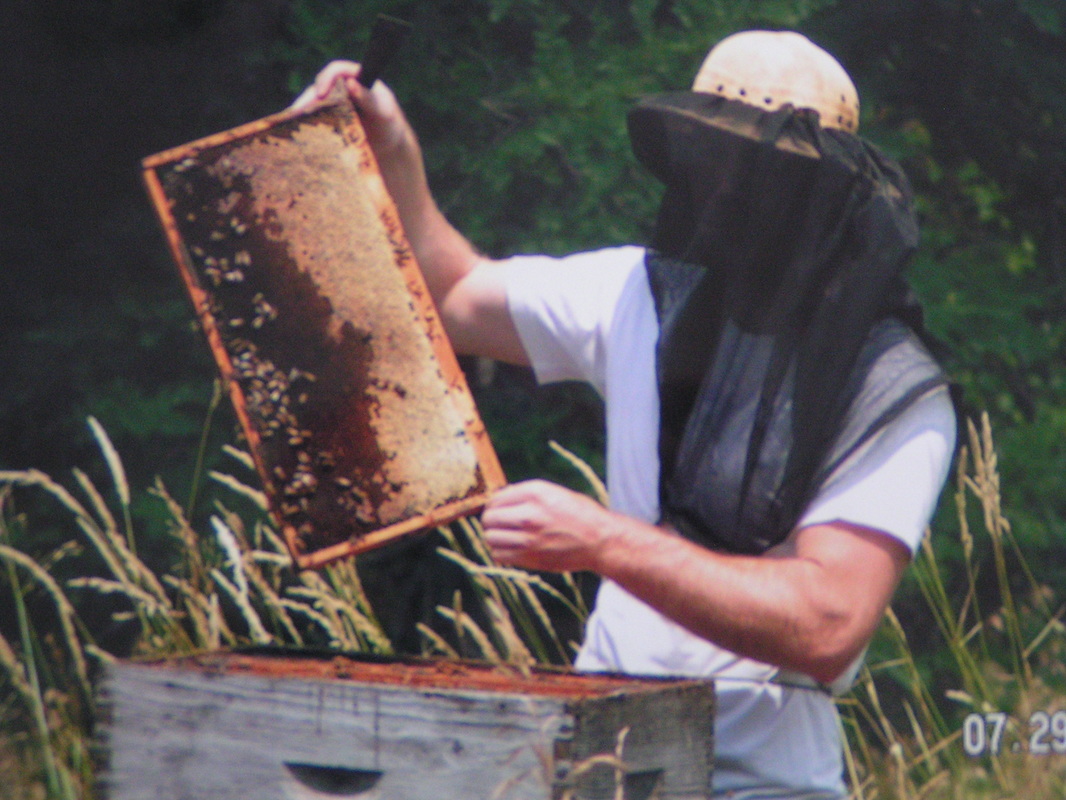Smaller than a honeybee, with metallic blue, green or orange stripes around their abdomens, they are the only successfully managed, native, aggregating, ground-nesting solitary bee species used for pollination in commercial agriculture in the world. And with 17 million tiny fliers, the Touchet Valley is the largest aggregation anywhere.
Growers manage about 120 acres of bee beds they carefully irrigate with pipes buried in the ground, to provide the moist soils the bees need.
They salt the surface of the beds each spring, to draw the moisture up through ground, and discourage vegetation so roots won't invade bees' nests.
The bees are well worth all the trouble: They can increase alfalfa-seed yields as much as 70 percent with their superior pollination performance.
They are the secret to success for Buckley and 15 other alfalfa-seed growers in an 84-square-mile area in the Touchet-Lowden agricultural district of Walla Walla County.
They farm about 12,000 acres of alfalfa seed, making Walla Walla County the second-largest alfalfa-seed producing area in the U.S., with retail sales exceeding $50 million in 2009.
As for switching pollinators — you can forget it, growers say. The alternative to alkali bees is importing nonnative leaf-cutter bees from Canada, Wagoner said, but that's expensive, driving up farmers' production costs.
This land, this crop and these bees are prefect for each other, growers say, and they want a solution that preserves their bees and their industry, not a buyout."
Farmers worry that road project will turn productive bees into roadkill
By Lynda V. Mapes

 RSS Feed
RSS Feed
